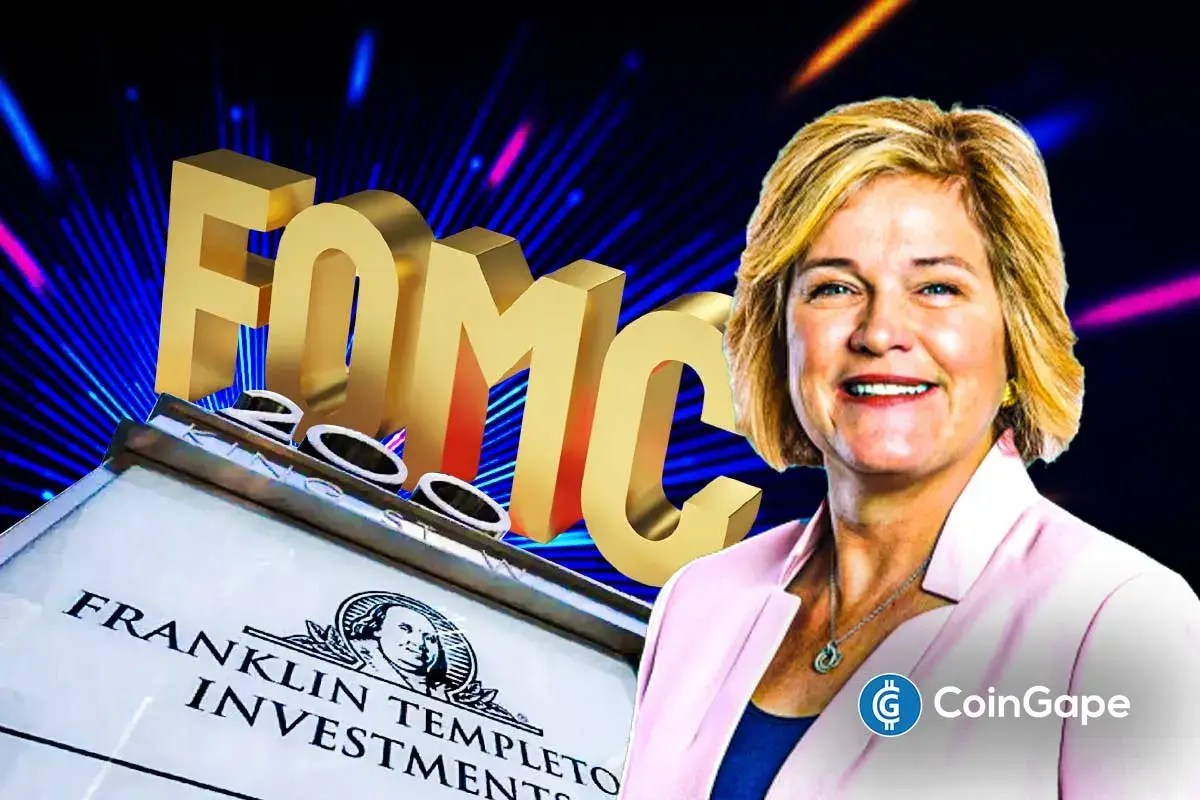When Hou Yujie isn’t convincing customers to rent traditional Chinese clothing for photos at the country’s famous Forbidden City, she and her friends are checking stocks.
Hou recently put 10% of her money in the market. In just a few days, she earned one month’s salary — and she’s thrilled.
“Interest rates for bank deposits are so low I don’t even want to bother,” Hou said at her shop outside the Beijing tourist site. “Stocks are a hot topic right now.”
Chinese stocks, once deemed univestable by many, are luring both local and foreign investors impressed by recent returns. The Shanghai Composite hit a decade high earlier this month. Hong Kong’s Hang Seng index is also up 30% in 2025, on pace for its biggest annual advance since 2017 — when it soared nearly 36%.
Shanghai Composite since 2015
Government signals are encouraging investors to jump in.
“There is a change of policy intention because of the deflationary pressure is getting more and more prominent,” said Hao Hong, CIO at Lotus Asset Management. “The policymakers felt that they need to do something to refocus the government work on economic growth rather than minimize risk.”
Chinese investors date the start of the rally, nicknamed the “9.24 performance,” to Sept. 24, 2024 — when the country’s central bank governor and other top financial chiefs held a rare coordinated press briefing, announcing measures to support the economy and the stock market.
The authorities held a similar media briefing Monday, declaring China’s capital markets are expanding their “circle of friends” thanks to renewed interest by overseas investors.
For the first time in four years, Cathie Wood’s Ark Investment Management funds reopened positions this week in Alibaba, according to a daily trading report.
The government is also trying to push in more institutional money to make Chinese markets a store of wealth like U.S. stocks. Regulators have mandated insurers and state mutual funds– traditionally on the sidelines— to increase their holdings of equities.
Not only are Chinese retail investors taking cues from the government. They also have few other investment options.
Chinese stock investor Hou Yujie at her store renting traditional Chinese clothes near the Forbidden City in Beijing. September 18, 2025.
CNBC
Retail investor push
After a massive stock crash a decade ago, ordinary Chinese citizens have generally been wary of putting money in the stock market because they have been burned. But with the property sector in a protracted slump and restrictions on investments outside the country still tight, more are looking at the stock market again. Easing tensions in the U.S.-China trade war and Chinese progress in AI and chips have also boosted sentiment.
“AI and drones have been developing fast in China. I hear there is great potential for those stocks,” Hou said.
But transforming the mindset of everyday Chinese still could take a while.
“Many of the retail investors still believe that it’s a gamble. It’s a casino. No one believes that it’s a long term investment. It’s very different from the U.S.,” Hong said.
Unlike in the U.S. where retail investors account for about 20% of trade, China’s average investors drive 90% of daily trading, according to HSBC data.
That means the Chinese stock boom could quickly turn to bust.
“As soon as I hear or sense the market going down, I’ll grab my money and run for my life,” Hou laughed.
Subscribe to CNBC PRO for exclusive insights and analysis, and live business day programming from around the world.
Source: https://www.cnbc.com/2025/09/26/chinese-stocks-are-on-fire-this-year-drawing-big-interest-from-foreign-and-domestic-investors.html


